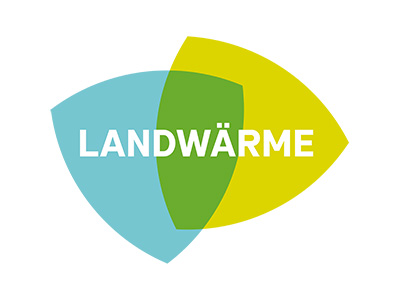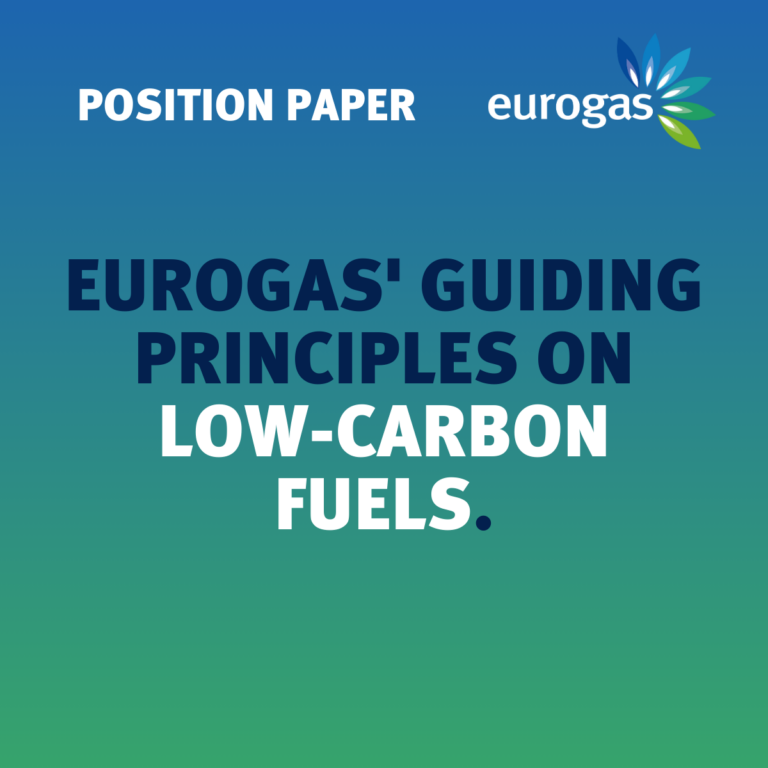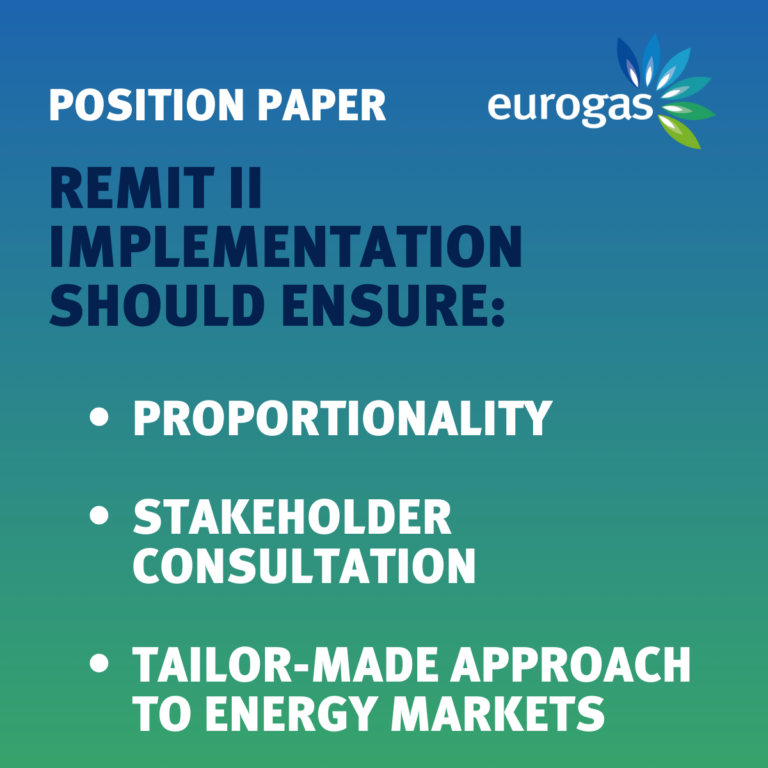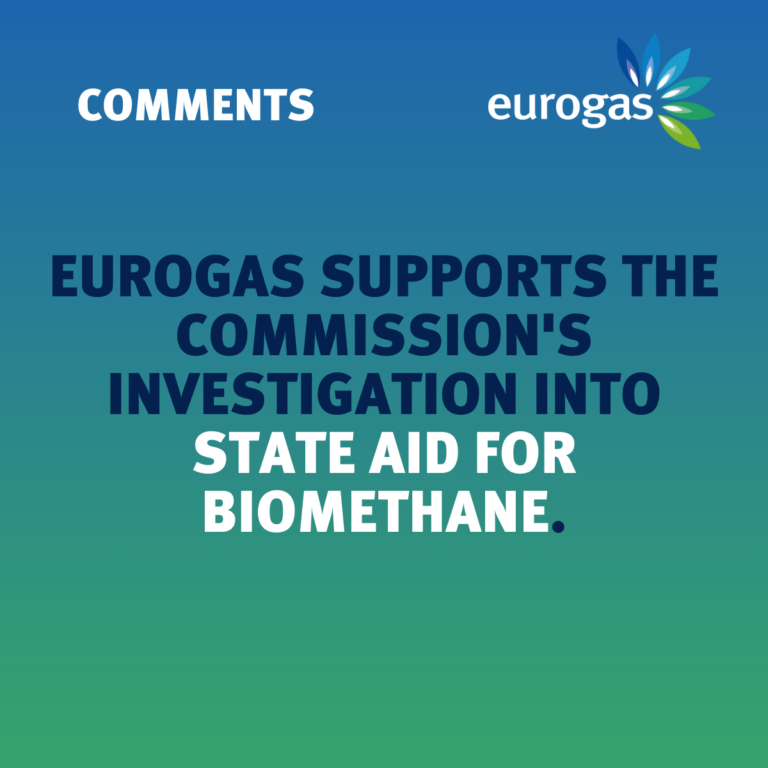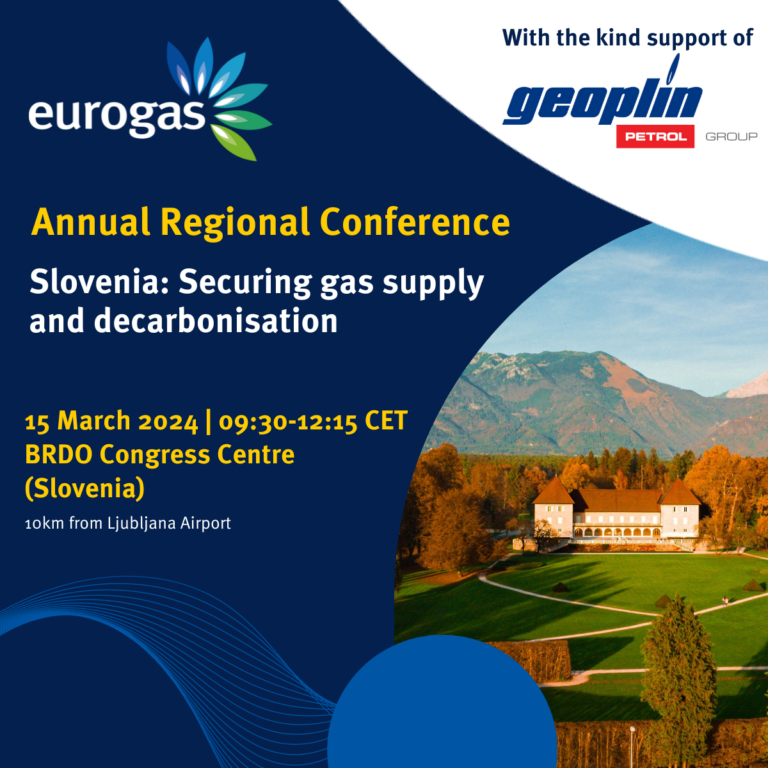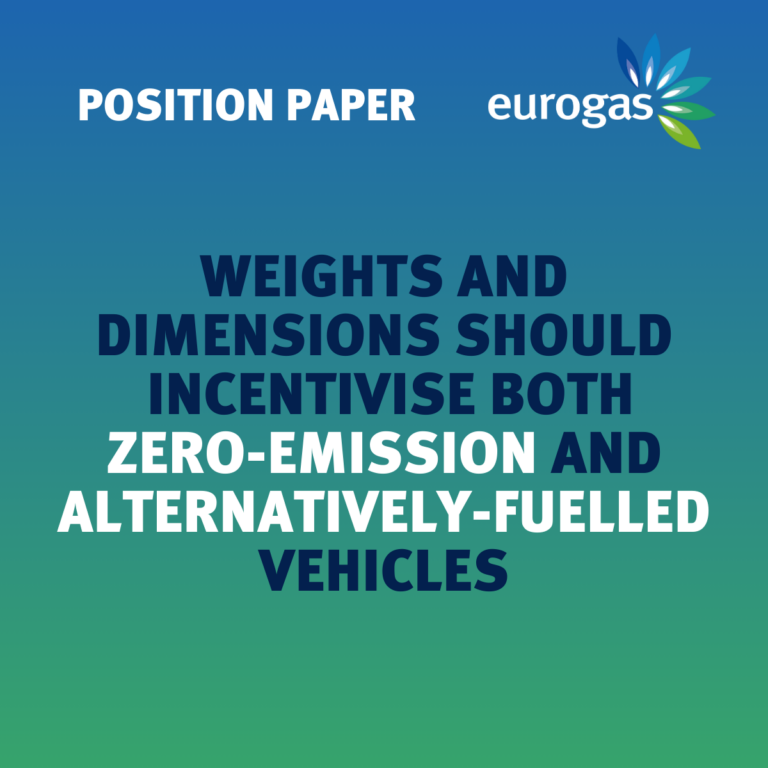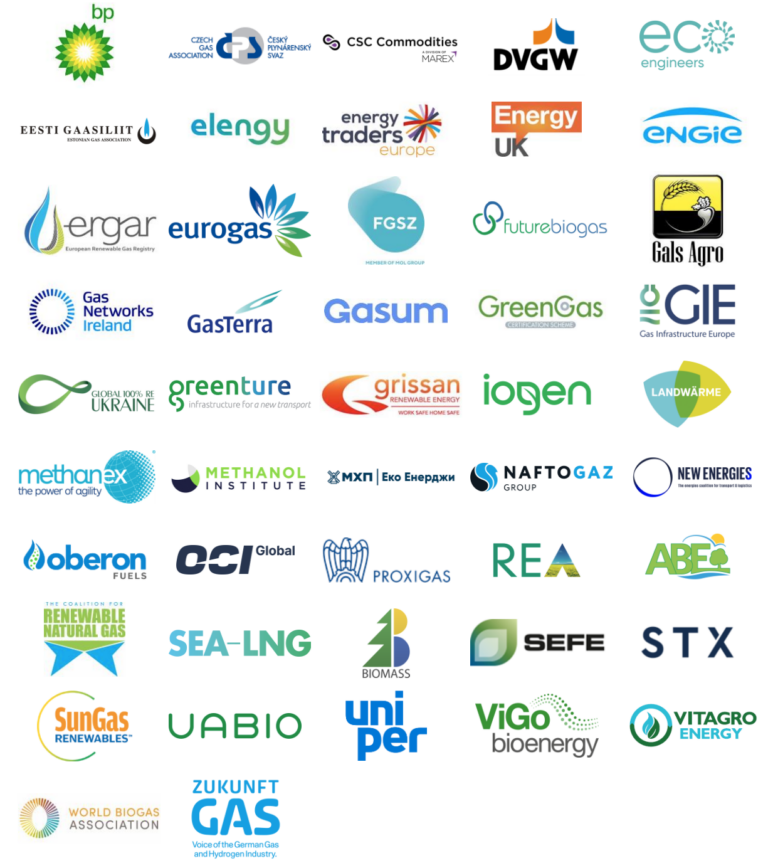Innovation is at the forefront of the climate action and a building block of the gas sector’s future. It fosters collaboration across experts and companies, bringing forward-looking concepts to the fore. Landwärme joined forces with Reverion, a tech-driven climate start-up from Germany, in an exciting example of cross-sector innovation. They are creating an effective, cost-efficient and ecologically sensible way to pull CO2 out of the atmosphere by upgrading an existing plant.
Their joint pilot project in the Reimlinger site in Bavaria recently won the German Gas Industry Innovation Award in the Sustainable Generation category. Sponsored by industry associations BDEW, DVGW, Zukunft Gas and ASUE, the initiative showcases projects that develop innovative and efficient application technologies using gases.
How does Landwärme and Reverion’s project work? It uses the carbon dioxide (CO2) bound in biomass by combining biogas production with a fuel cell and carbon capture system. The capture of CO2 is part of the upgrading, i.e. the purification of biogas into biomethane. The remaining high methane content allows it to be fed into the natural gas grid and used flexibly on a decentralised basis. The captured CO2 will then be liquefied and stored, for example, in deep rock layers under the sea. Alternatively, it can be used in technical applications such as fire extinguishers or in the food industry as carbon dioxide. This innovation results in net negative emissions by actively pulling CO2 out of the atmosphere as part of the biomethane production process. In combination with a fuel cell system for biogas and biomethane production, the Reverion extension to Landwärme’s plant can also reversibly produce either electricity from biogas or hydrogen from electricity. With no active CCS projects in Germany at the moment, the Reverion plant at the Reimlingen site presents a leap towards building a more sustainable future at home and beyond.
The pilot project concretely proves the place for CCS in our future energy mix. Expected to be operational next year, it shows the beneficial role it can have in decarbonisation scenarios of various hard to abate sectors as well as enable the integration of renewables onto our grid.
“CCS and CCU with biomethane can deliver immediate climate effects: Capturing CO2 is already part of biomethane production today. We’ve been doing it for years. The clock is ticking. We need to get not only emissions down as fast as we can, but also get the CO2, that is too much in the air, out of the atmosphere. That can be done immediately and most cost-effectively with biomethane in combination with CCS,” explains Landwärme CEO Zoltan Elek, adding that all the biomethane plants in Germany that exist today could together pull 2.5 million tons of CO2 a year out of the atmosphere.
As Landwärme and Reverion develop plans to capture about 10,000 tons of CO2 annually with their innovation, they show that biomethane in combination with carbon removal is part of the transition to net zero and beyond. An increase of biomethane production, with EU targets of 35 billion cubic meters by 2030, could generate million tons of negative emissions, while creating thousands of new jobs in Europe. Getting there requires a European Strategy with clear drivers and targets for CCUS too. Biomethane scale up, coupled with reliable frameworks in Member States and fit for purpose CCS infrastructure, are therefore essential to further support the industrial drive towards innovation and energy efficiency.
